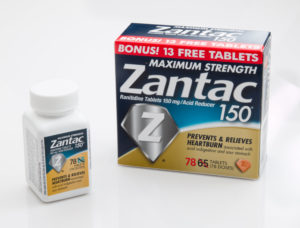Pill organizers could put seniors at risk
Those handy pill organizers could cause seniors more harm than good.
British researchers conducted a feasibility study on the effectiveness of pill organizers, also known as monitored dosage systems (MDS) or multi-compartment compliance aids (MCAs).
They found that while the pill organizers increased medication adherence, their use also increased thenumber of falls and other adverse events, possibly a result of doctors increasing medication dosages for patients who had been poorly adherent to their treatment before using an MCA, noted findings published in Health Technology Assessment.
“They are now taking significantly more medication than they were prior to MCA initiation,” says lead author Debi Bhattacharya, senior lecturer in pharmacy practice at the University of East Anglia’s School of Pharmacy. “This can therefore result in dose-related side effects, such as hypoglycemia from oral antidiabetics and hypotension from antihypertensives.”
Researchers also conducted a randomized trial of 29 patients aged 75 years and older who were unintentionally non-adherent to their medication. They were taking at least three solid-form, oral medications—at least two of which were from a defined list of 11 drugs (including simvastatin, levothyroxine, omeprazole and metformin)—and expected treatment of at least 12 months.
Five patients who completed the trial experienced adverse events or serious adverse events. All of them were assigned to an MCA. Three of the adverse events were falls, there was one incident of hypoglycemia and one incident where a patient was incapacitated for at least 12 hours.

Nicole was Senior Editor at I Advance Senior Care and Long Term Living Magazine 2015-2017. She has a Journalism degree from Kent State University and is finalizing a master’s degree in Information Architecture and Management. She has extensive studies in the digital user experience and in branding online media. She has worked as an editor and writer for various B2B publications, including Business Finance.
Related Articles
Topics: Clinical











